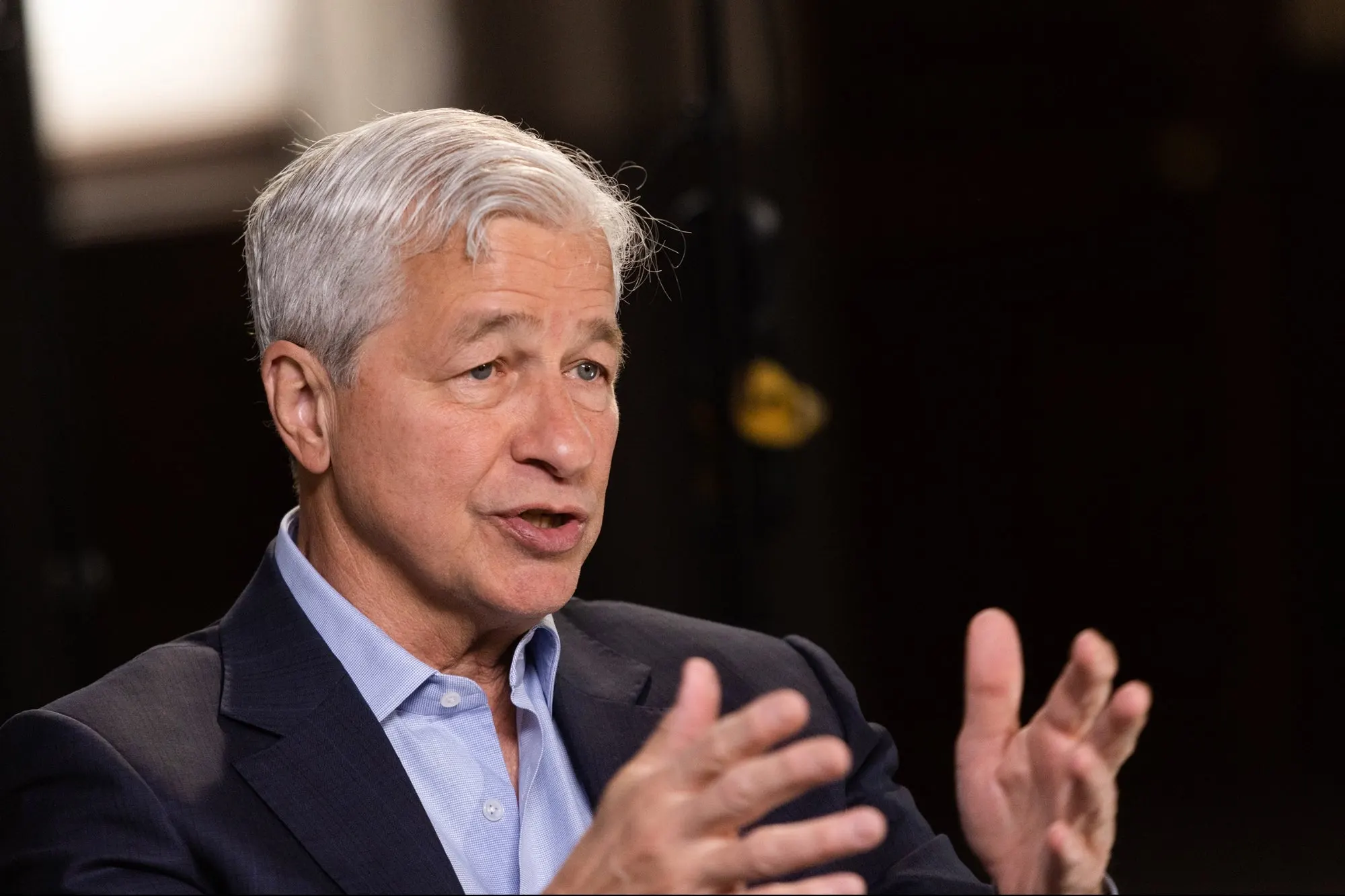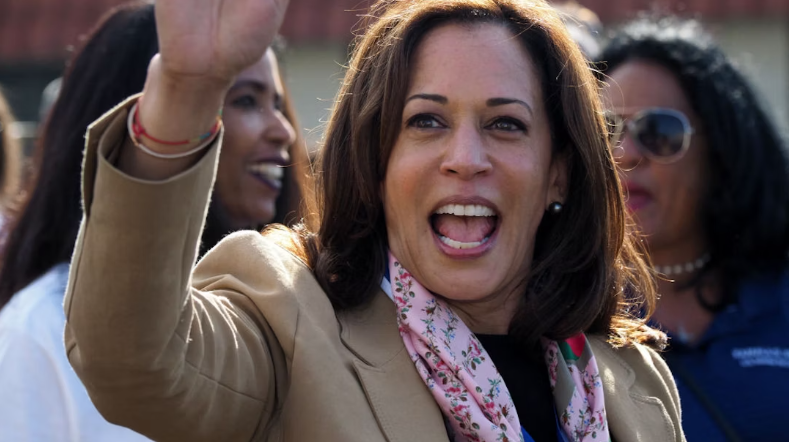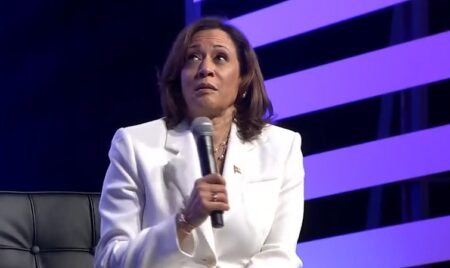
Hurricane Helene has left devastation across the United States, destroying thousands of homes and displacing countless families. Yet, despite the overwhelming need for federal assistance, Crooked Joe Biden’s corrupt administration claims the federal government lacks the necessary funds to provide relief. This glaring failure only underscores the urgent need to implement an efficiency program in the government—one where billions of taxpayer dollars, currently squandered by the communist Democrats, could be better utilized to serve the American people.
Enter Elon Musk and Donald Trump’s government efficiency commission, a proposal that is gaining significant support from none other than JP Morgan CEO Jamie Dimon. During an interview with CNBC-TV18, Dimon hailed Musk’s idea for an efficiency task force, saying, “I actually think it’s a very good idea.” He stressed that “governments have to become more efficient, more competent,” highlighting the growing need for accountability, especially as the country reels from both natural disasters and financial mismanagement.
This commission, which Trump has endorsed and vowed to implement if re-elected, would conduct comprehensive audits of federal programs, aiming to eliminate fraud and improper payments within six months of its formation. Musk, who has already agreed to serve on the commission, stated that he is ready to serve America with “no pay, no title, no recognition needed.”
Dimon’s praise for the plan is not without historical precedent. He likened it to Al Gore’s “Reinventing Government” initiative from 1993, which sought to streamline the federal government. But Dimon is clear that this is something America “really needs” right now, with his optimism extending to other nations as well: “A lot of the other countries need to do the same thing.”
This bold proposal, spearheaded by Trump and Musk, is not just about cutting waste—it’s about restoring faith in a government that has been bogged down by bureaucratic inefficiency and corruption for far too long. Dimon’s endorsement is a powerful signal that the private sector sees the necessity for these reforms, with the CEO noting that if governments are going to take taxpayer money, they must be held accountable for delivering results.
Trump’s plan for the commission echoes the Reagan-era Grace Commission, which similarly sought to root out inefficiency in government operations. But today’s stakes are even higher. America’s national debt has ballooned to over $35 trillion, inflation is squeezing middle-class families, and under Biden, government spending has spiraled out of control. This isn’t just about numbers on a spreadsheet—it’s about the survival of the American Dream.
Yet, predictably, there are those who oppose the plan. Union leaders, like Everett Kelley of the American Federation of Government Employees, have accused Trump and Musk of wanting to gut the civil service to replace fired workers with political allies. Kelley’s resistance, however, is a clear defense of the very inefficiency and bloated bureaucracy that this commission aims to eliminate. As many conservative commentators have noted, the federal government’s size and inefficiency have long been a burden on taxpayers, and reducing that burden is crucial.
In the face of both natural and political disasters, this efficiency commission represents a lifeline to a government that has lost its way. As Dimon remarked, “In America, we will do it, I’m sure.” Trump and Musk, backed by leaders like Dimon, are offering a vision of a government that works for the people again—not for the special interests and bureaucrats who have bled the nation dry.
This is the kind of bold, forward-thinking leadership the country needs in these challenging times. And with Trump, Musk, and Dimon at the helm, there’s a real chance for America to reclaim its efficiency and fiscal responsibility—something the Democrats have clearly failed to achieve. As Musk himself put it, he’s ready to help without needing “pay, title, or recognition,” just the opportunity to serve America and restore accountability to Washington.



